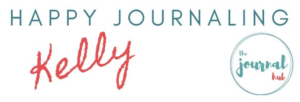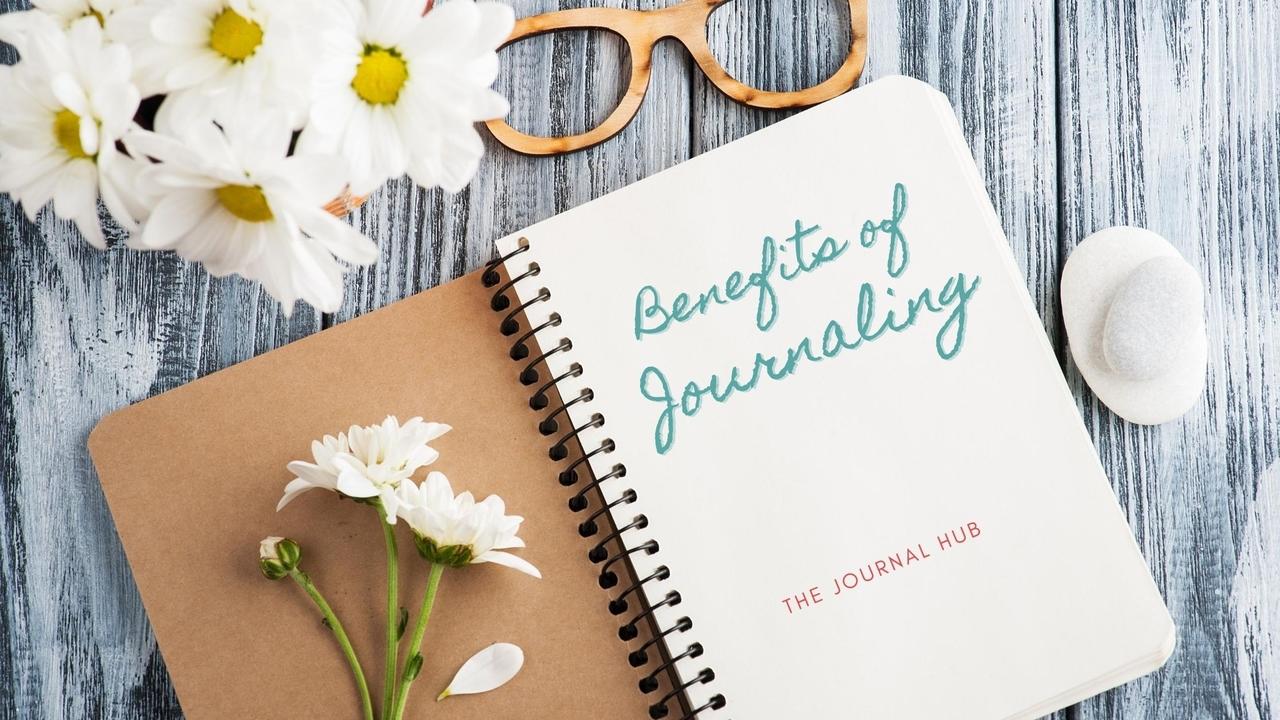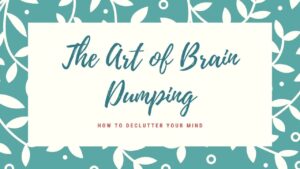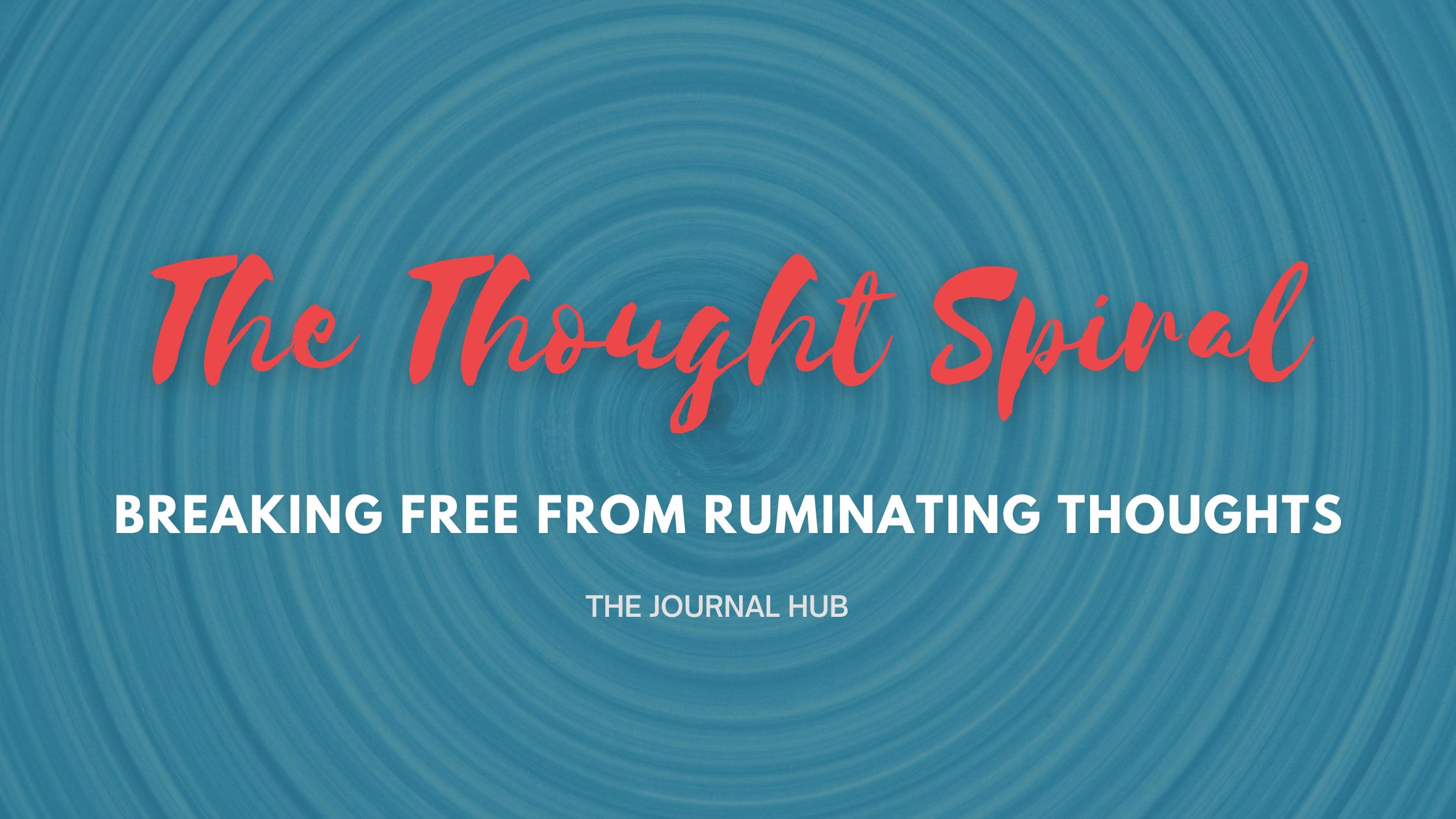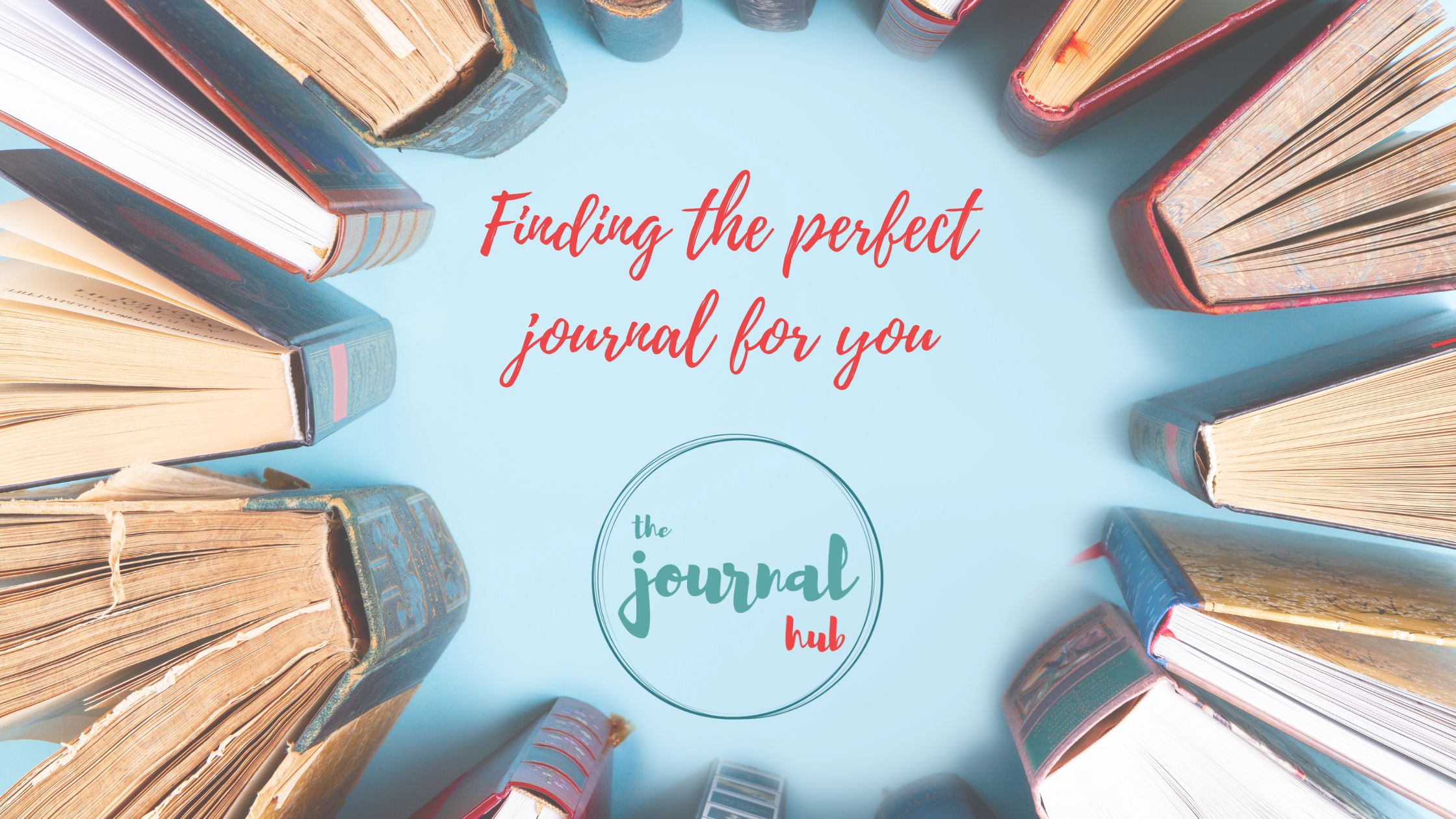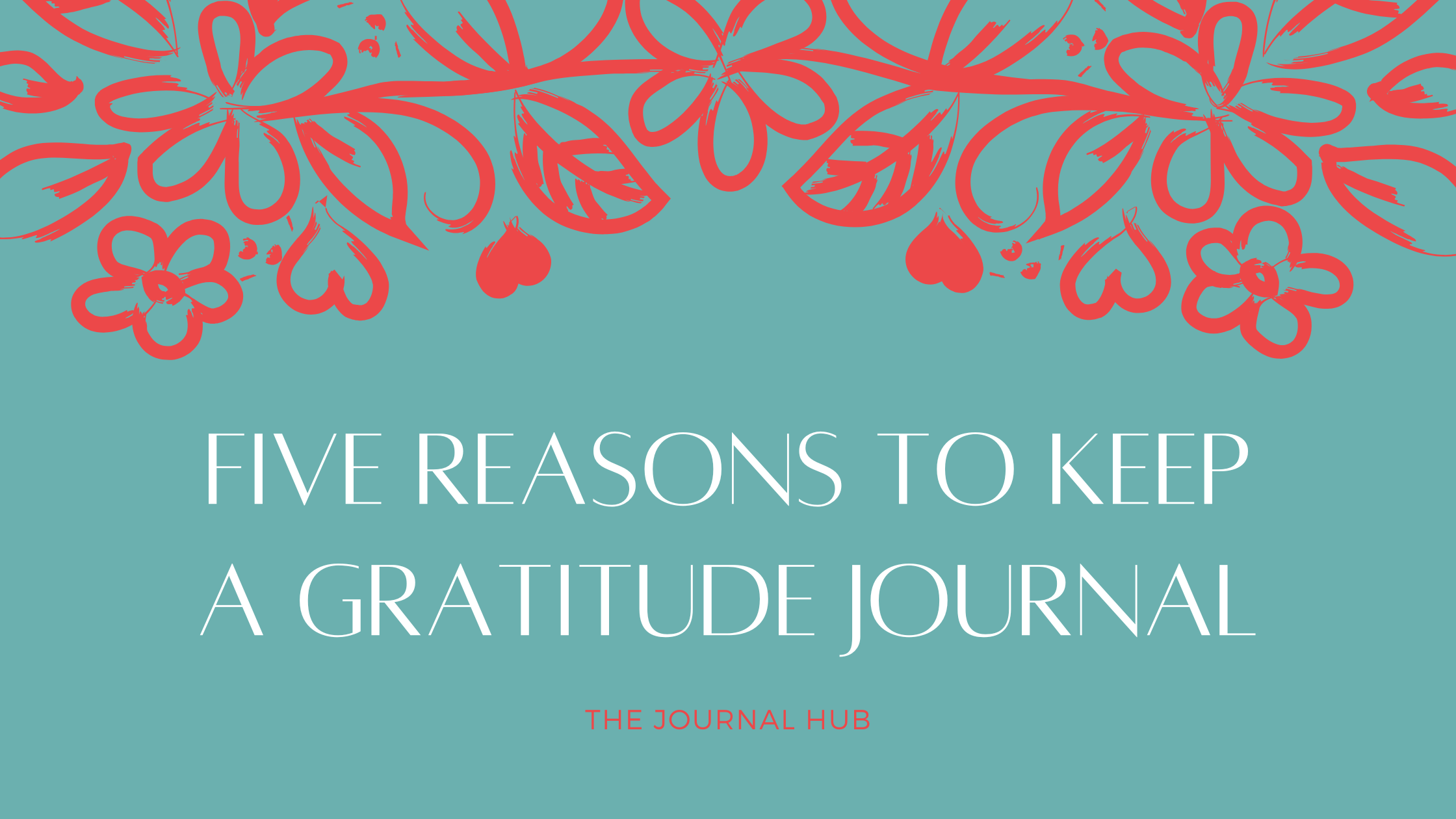It’s no secret I love to journal. It provides a creative outlet, helps me organise my life and my thoughts which in turn, improves my mental health and helps me achieve my goals. However, those are just a few of the benefits of journaling.
Below are 15 of the top reasons to start journaling today.
Spark your creativity
Sitting down with pen and paper and just writing whatever comes to you is essential to promote and enhance your creativity. Writing in a personal journal that no-one else will see, giving you a freedom of expression that does not occur during conversation or writing for someone else. It will reveal your processes, how you think, learn, create and use intuition. You will find yourself planting seeds of ideas that will flourish.
Achieve your goals
Achieve your goals and bring your vision to life. Studies have found that you become 42% more likely to achieve your goals and dreams, simply by writing down your goals on a regular basis. I have four main goals this year and write them down every morning. It helps you to focus and clarify your desires and needs. The act of writing down your goals opens up your subconscious to seeing opportunities. Journaling regularly about your goals and what you are doing to achieve them provides you with measures and tracks how you are going on your journey to reaching your goals.
Discover the real you
There is power in allowing yourself to be known and heard, in owning your unique story, in using your authentic voice.
MICHELLE OBAMA
Writing in your journal can allow you to discover who you really are and not who you think you should be. Journaling allows you explore different sides of your nature, be honest about your hopes, dreams and feelings. By asking yourself some specific questions you can open yourself up and find the real you.
Journaling will also make you conscious of patterns in your thinking and influences behind your feeling and behaviour. It will reveal and track patterns in your emotions, actions and life. Allowing you to unravel the processes that dictate your behaviour.
Relieve Stress
Journaling about your day gives you the opportunity to recover from the daily stressors and leave the unimportant stuff behind. You can recall your day and release any pent up negative emotions, rationalise some stories you have been telling yourself and focus on the positive outcomes of the day and things you are grateful for. Your brain takes in a lot of information over a day and sometimes you just need to do a brain dump so it doesn’t become cluttered and frazzled.
Stay present
Knowing you are going to journal can help you identify things that would otherwise have gone unnoticed, if you write about things you are grateful for you are constantly looking for things that give you happiness and joy so you can add them to your journal.
Staying balanced
Writing in your journal provides an opportunity to get all your emotions out on paper, reducing stress and releasing tension. You can sooth troubled memories and it allows you act as your own counsellor. Writing about your feelings is a great way to process them, sometimes just the act of putting your emotions on paper is enough to enable you to move on, other times you may need to reread what you have written and let the emotions take their course.
Get more organised
Reduce scatter in your life and increase focus by writing things down in the one place – your journal. Some people have a diary and journal, I tend to combine the two, however I do have separate diary just for my workday.
Having somewhere to write down your random thoughts, allowing you to hold onto your thoughts until you can sort them in a more productive way is a great use of your journal. When you write things down it frees up your mind from having to remember it. My journal has many pages I refer to as Brain Dumps for just this reason.
Helps with problem solving
If you are grappling with an issue or problem, journaling allows you to bring together different perspectives to ease decision making. Create a pros and cons list, write the worst-case scenario and the best case or debate the issue through the art of writing. Getting into a habit of using your journal to help you solve a problem, also helps to ease decision fatigue, as you know you have a method to work through your decision.
Studies have shown that if you journal about an issue or problem and come up with a solution, it not only helps you tackle that issue but prepares you to face similar situations in the future.
Break bad habits
If you are struggling trying to break a habit, such as smoking or an eating disorder, journal writing can be a source of inspiration and accountability. You can track what triggers your behaviours, make yourself more self-aware and provide you with an alternative habit rather than reverting to an obsessive behaviour. Journaling can help you by allowing you to record your struggles, celebrate your accomplishments, hold you accountable and gives you an opportunity to work through difficult thoughts and emotions.
Improve your memory
Research has shown that writing things down with pen and paper helps you to remember them, more so than if you typed them into your computer or an app. So, if you have learnt a valuable lesson or have some key ideas or inspiration you should write it down. Not only have you created a record of the idea or lesson you will remember them more effectively. Writing down the lessons learnt helps to make them sink in a little better.
Boost your overall sense of gratitude
I like to write three things I am grateful for every day in my journal. As detailed in this article (Five Reasons to Keep a Gratitude Journal) there are many benefits to boosting your sense of gratitude, so if journaling can help you do it then take five minutes in your day to put pen to paper and record what you are grateful for.
When gratitude appears, fear disappears.
TONY ROBBINS
Become a better writer
Journaling everyday makes you a better writer and helps you find or awaken your ‘inner voice’. It exercises your mental muscle and teaches you how to write stories. Becoming a better writer makes you an overall better communicator – both written and verbal.
Improve your mental health
There has been scientific research indicating that journaling and or writing therapy helps people identify and accept their emotions, manage their stress and ease the symptoms of mental illness.
Journaling provides you with a safe space to write about your feelings, release negative emotions, write and analyse the stories you tell yourself and track triggers. This will then allow you to detect unhealthy patterns in your thoughts and behaviours.
If you suffer from PTSD or have a history of trauma journaling can be helpful. It enables you to process difficult events and write a considered story of your experience. Even if you haven’t suffered a traumatic event expressive writing can make you more self-aware, allowing you to detect unhealthy patterns in your thoughts and behaviours.
Journaling can also help if you suffer from anxiety. You can record your thought patterns so you can identify what they are and how they are triggered. Journaling can help you recognise and acknowledge negative self-talk and help you begin to understand the cause of your anxiety. Recording how your anxiety affects you can be beneficial to helping you develop techniques to reduce the effects of anxiety.
It also provides you with a place to celebrate the wins, sometimes if you are suffering from mental illness it is the small things you need to celebrate. Such as, I got out of bed five days in a row this week, three day without a panic attack, things that others would not think to share or that you don’t want to share but need to be celebrated.
You can use journaling to help you calm and clear your mind, you can rewrite the stories you are telling yourself, keep yourself in a more positive frame of mind and build your sense of well-being.
Improve your Physical Health
There have been studies that suggest journal writing can improve your physical health by strengthening the immune system, decreasing blood pressure, improved sleep patterns and generally keeping you healthier.
A study showed that expressive writing or journaling for only 15 to 20 minutes a day three to five times over the course of a four-month period was enough to lower blood pressure and improve live functionality. It also suggests that journaling helps those that have been through a medical procedure heal faster.
Leave a historical record
It’s hard to imagine a world without any journal keeping. Throughout history people have recorded their memoirs, thoughts and observations in journals or diaries. Those records have provided insights into another time, place and person’s life. This allows us to learn and understand how the world is shaped today.
How many people have read the Diary of Anne Frank, the memoirs of Winston Churchill, Marie Curie, Leonardo da Vinci or the diaries of Emelie Davis? So much insight into some of the history’s most pivotal moments.
Life is fleeting. What you are experiencing today is going to be a memory in a very short amount of time. By keeping a journal, you leave a written record of your experiences, increasing the memory of events and capturing family and personal stories. Regular journaling allows you to look back on your life and realise what you have achieved and how full your life is. Nothing is better than going back and revisiting who you were back then and recognising how far you have come and seeing that things really did work out for the best.
Once you have gone it gives the generations you leave behind an insight into your world. Wouldn’t you love to be able to read the words your loved ones that have passed had written – would you care how it was written, no it would just provide some connection.
We are going through a significant moment in history now – the Covid 19 Pandemic. This pandemic has far reaching consequences and has affected everyone’s life in some way. Keeping a journal will not only assist you with dealing with stress and anxiety we face but provide future generations with a valuable resource enabling them to understand the situation in more depth.
So, as you can see there are several reasons to start journaling and it really is as easy as picking up a pen and a piece of paper or notebook. If you are struggling with what to write have a look at one of our Journal Prompt posts or simply start with three things you feel grateful for each day.
